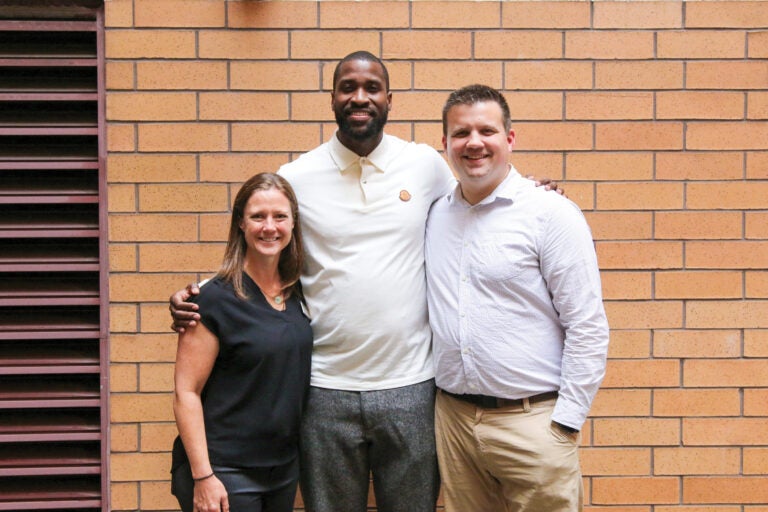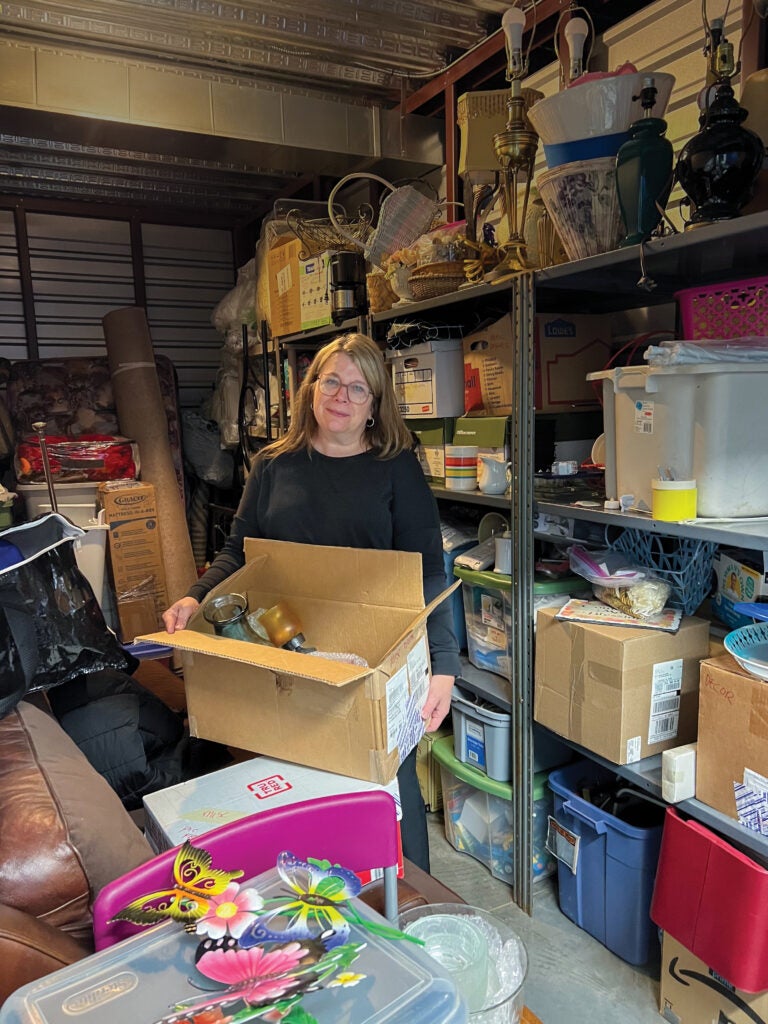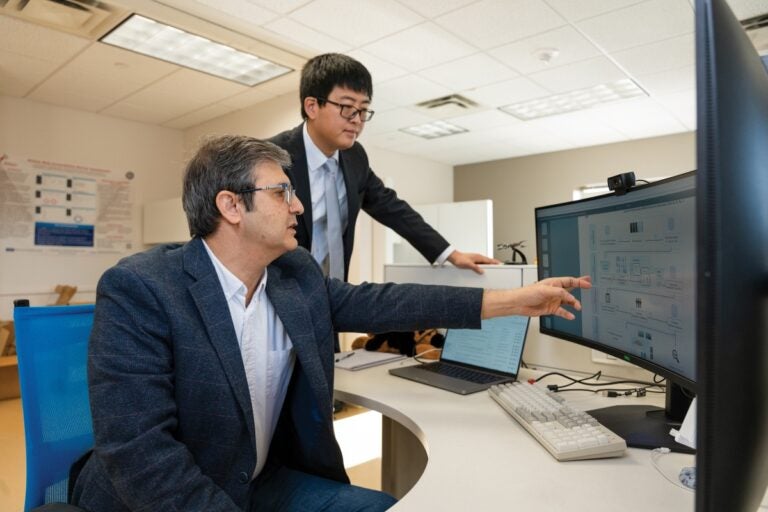- Info For
- Academics
- All Programs
- By Discipline
- Athletic Training
- Audiology
- Chiropractic
- Communication Science
- Counseling
- Emergency Medicine
- Health Informatics
- Nutrition
- Occupational Therapy
- Physical Therapy
- Physician Assistant Studies
- Prosthetics and Orthotics
- Rehabilitation Science
- Rehabilitation Technology
- Speech-Language Pathology
- Sports Science
- Sports Medicine
- Tuition and Scholarships
- Newsroom
- Community
- Research
- Events
- Request for Information
Newsroom
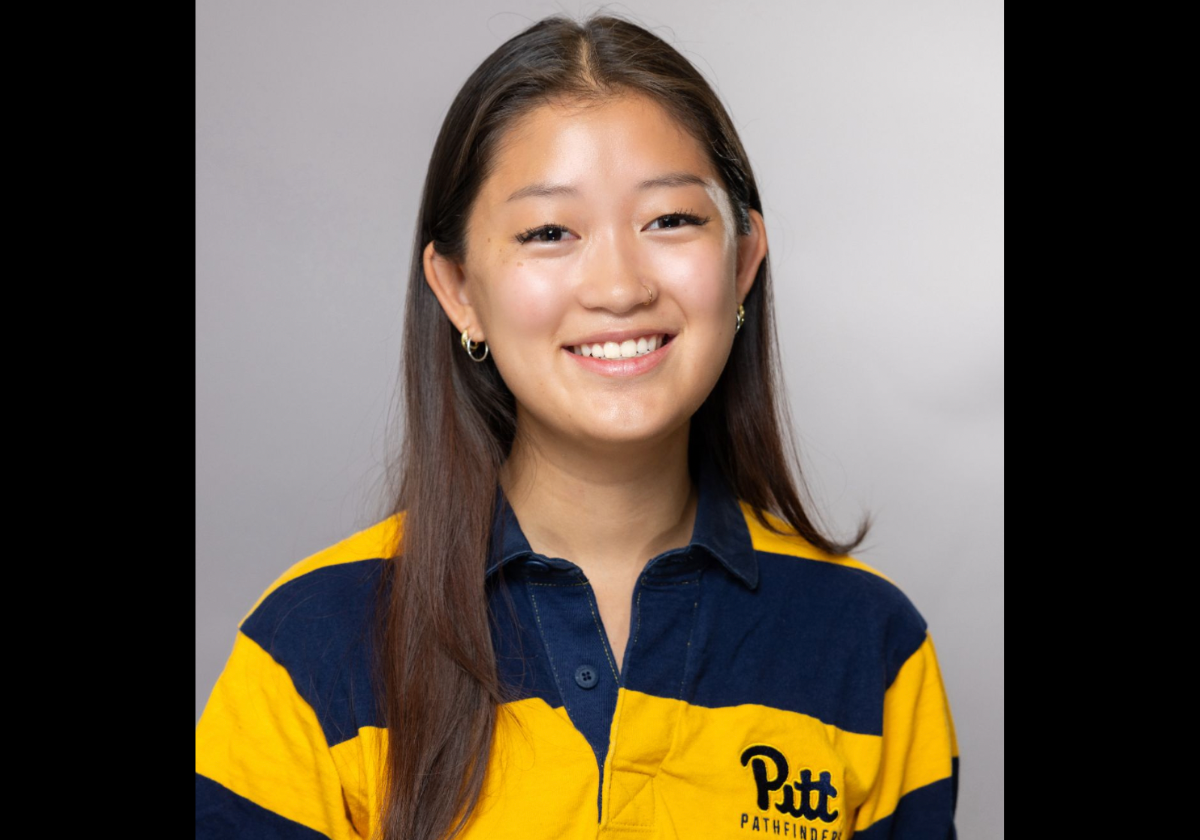
How Communication Science is Preparing Clara Kim for PA School
Clara Kim was researching the best path to follow to PA school and discovered the upper-division Communication Science program. Now getting ready to graduate this spring, she offers her insight into this special program and why it’s been her best preparation for the next step of her academic career!
Read More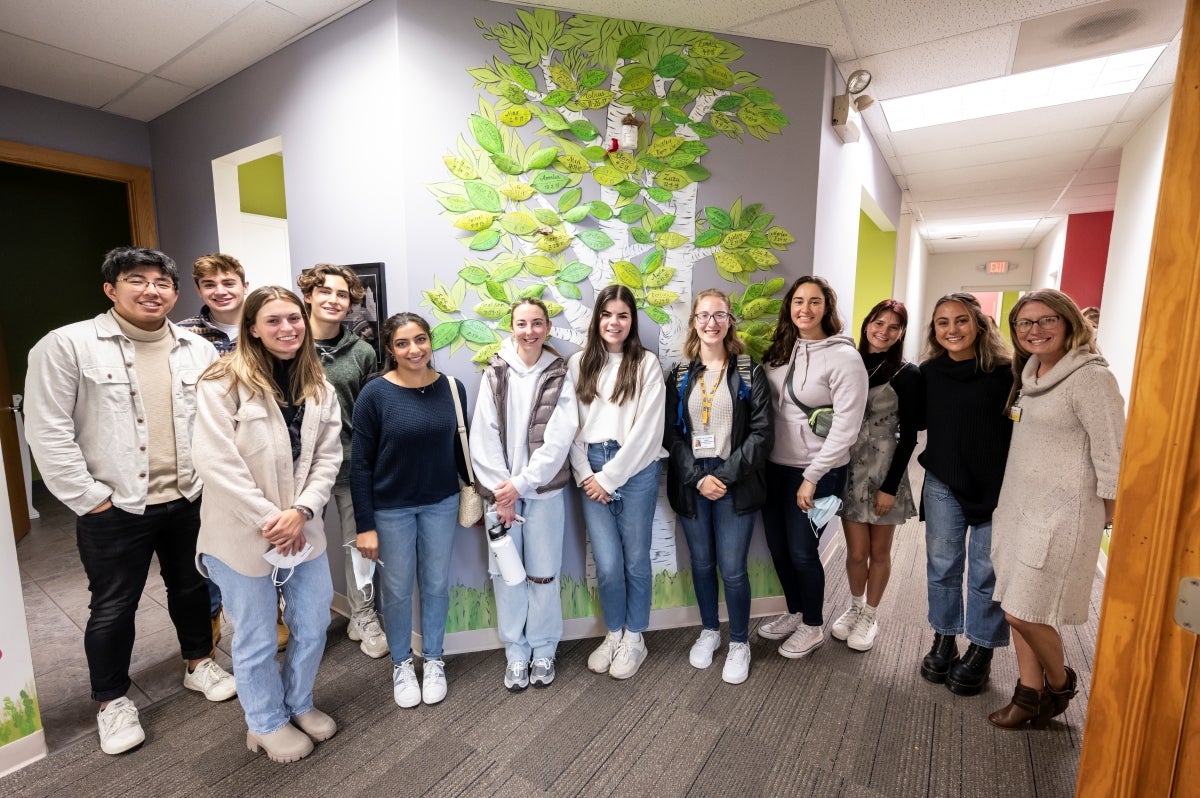
Top 5 Reasons to be a Nutrition Science Major!
Program Director and Assistant Professor Lori Cherok shares the top 5 reasons to be a nutrition science major at Pitt!
Read More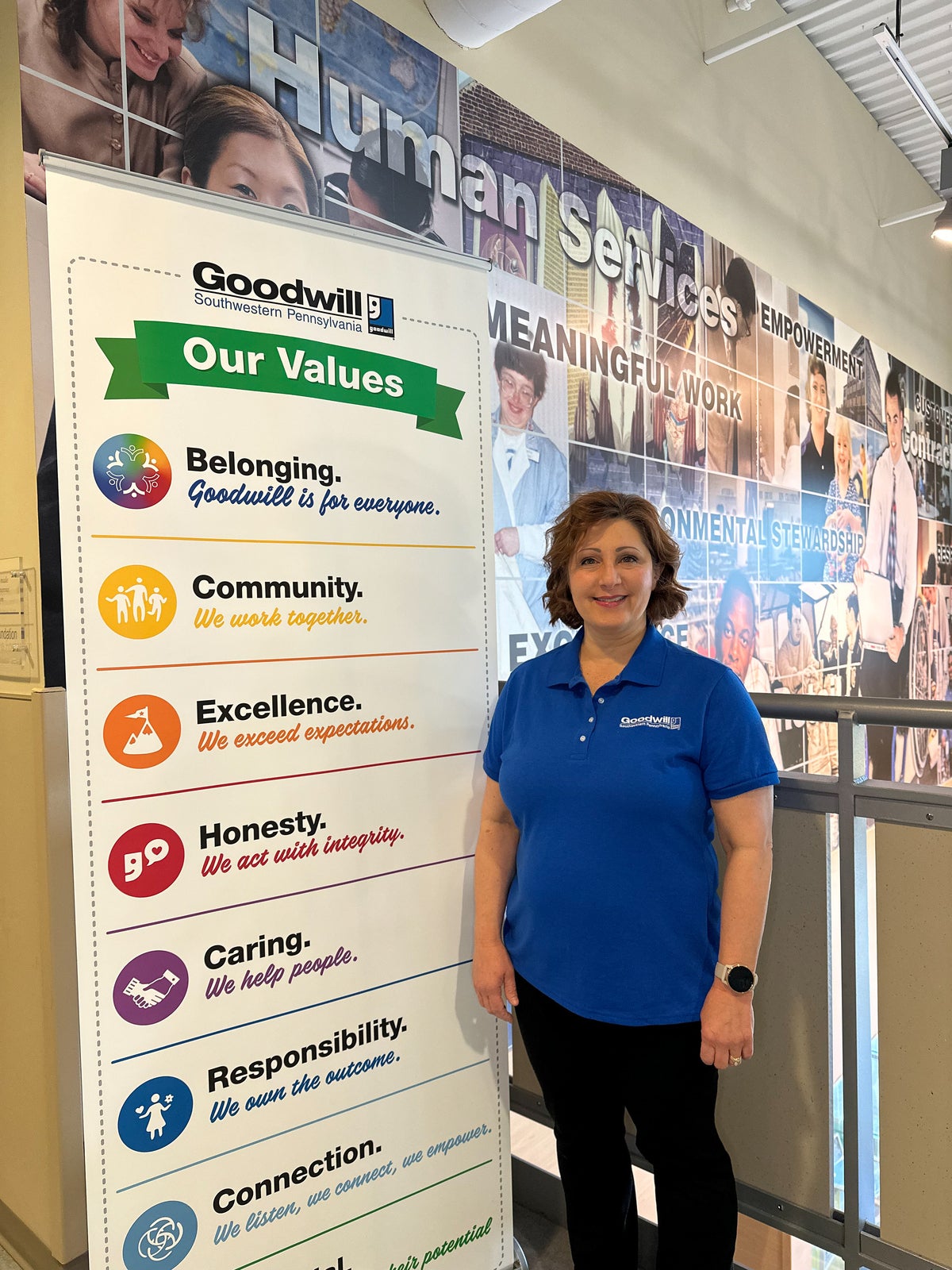
How Alumna April Klein Found a Fulfilling, Lifelong Career with a Bachelor’s in Communication Science
Is a successful career defined by whether you have a graduate level degree? Our alumna shows how she found her niche and a lifelong passion to help people with her bachelor's degree.
Read More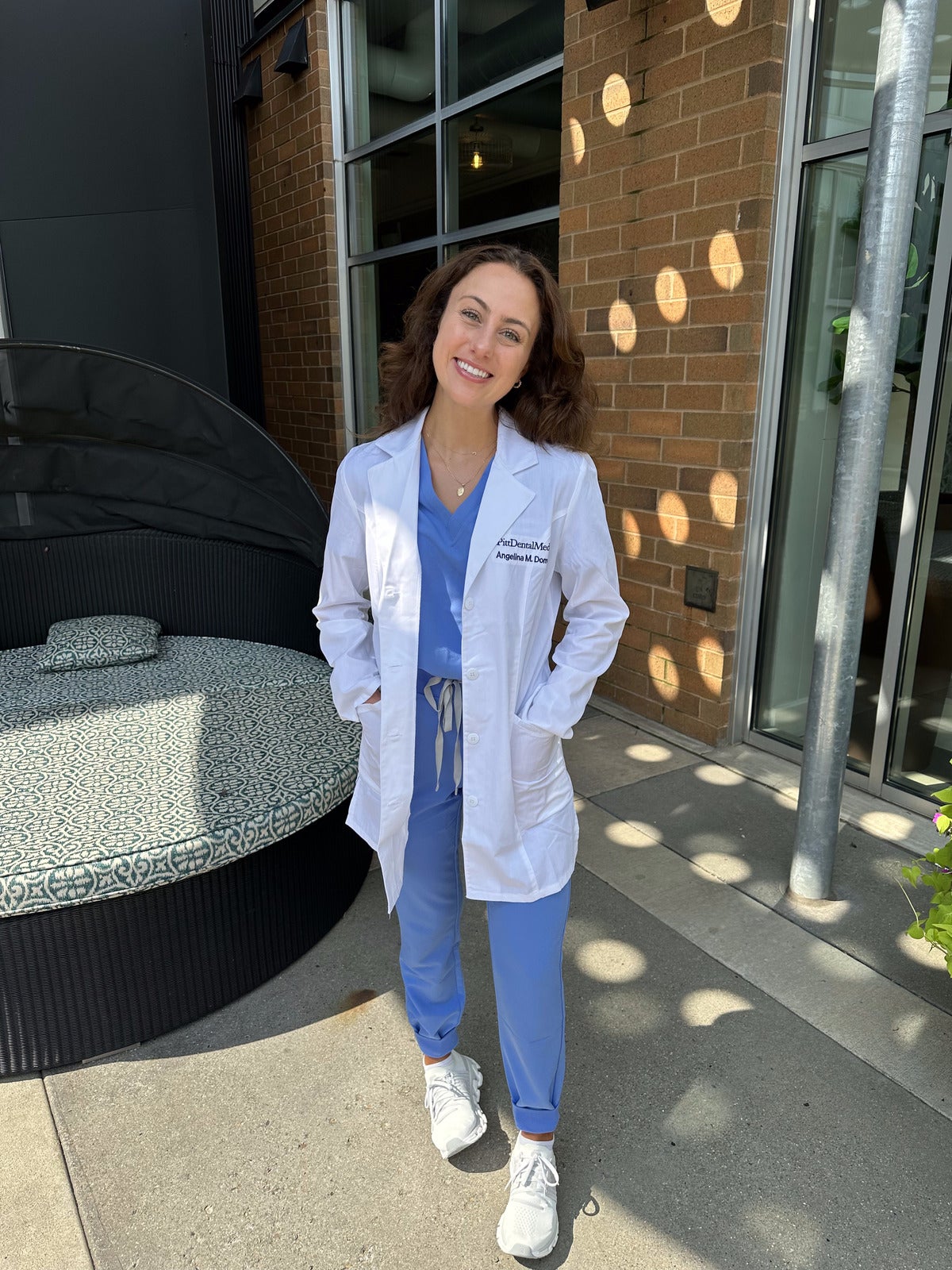
From Nutrition Science to Dental School: How SHRS Prepared Me for My Dream Career
Angelina Domenick, a 2023 graduate of the Nutrition Science program, utilized her experience in the NS program to facilitate her path to dental school. Learn about her experience and how it has prepared her for a career in dentistry!
Read More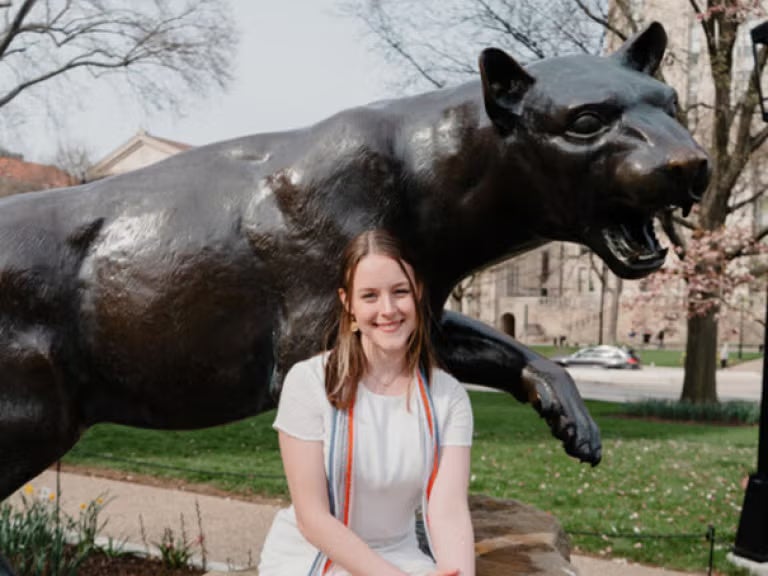
The Transfer Experience: Communication Science Student Finds Her Passion in the Pitt Program
SHRS advisors work closely with transfer students so they can find their place in our programs to make their dreams come true! Hear how June Bracken discovered her passion for speech-language pathology at Pitt!
Read More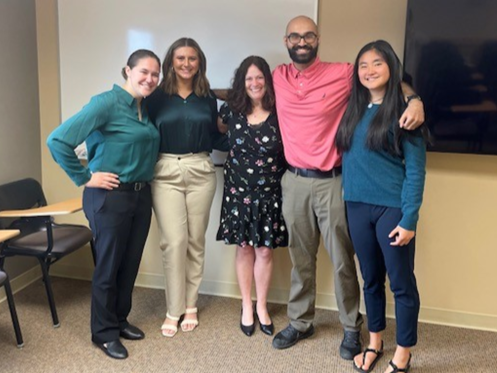
Nutrition Science Was My Best Prep for PA School
Dive into what it's like to discover Nutrition Science, its small classes and big outlooks on forging your future health care career!
Read MoreSHRS IN THE NEWS
-
Elaine Mormer co-guest editor with School of Pharmacy Lucas Berenbrok of February 2025 issue of Seminars in HearingApril 28, 2025 | Proceedings from the Inaugural University of Pittsburgh OTC Hearing Aid and Hearing Self-Care Symposium
-
Xanthan Gum: Harmless Food Additive or Digestion Nightmare?April 1, 2025 | CNET
-
Meet 4 graduate students who took unconventional paths to PittMarch 24, 2025 | Pittwire
-
3 ways Pitt researchers are making strides in assistive technologyFebruary 17, 2025 | Pittwire
-
Plant-based pitfalls: When can the vegan diet go wrong?February 8, 2025 | Pittsburgh Post-Gazette
Browse by Collection
SHRS RESOURCES:
Pitt Passport required.

It's Possible at Pitt

Our website uses cookies to help deliver the best possible experience to our users. By continuing to use this website, you agree to the use of cookies. Please visit our privacy policy for more information.

